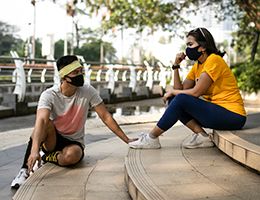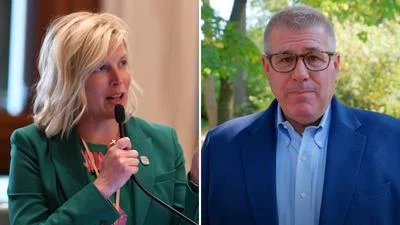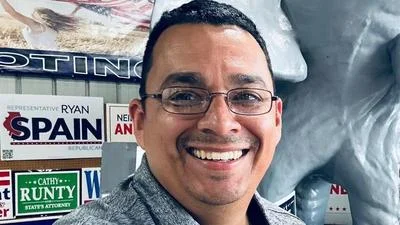C.G.H. Medical Center issued the following announcement on Apr. 15.
If you've been vaccinated against COVID-19, you know it can be a big relief. And you may be eager for your friends and loved ones to take advantage of that opportunity too.
But some people are hesitant. And it can be difficult to know how to have a conversation about what's holding them back. This is new territory for all of us, after all.
If you're ready to dive into those conversations, though, your support can make a difference—if you do it in a positive way. Here are some tips from the Centers for Disease Control and Prevention and other experts:
1. Listen without judgment. It's normal to have questions or concerns about new vaccines. Before you were vaccinated, you may have had some doubts at first too. It's important to acknowledge any concerns your loved one has and try to understand them. Try to ask open-ended questions and really listen to the answers without interrupting. Remember: The goal is not to win an argument. It's to learn what the other person is worried about and to offer information that could put their minds at ease.
2. Share facts—but ask first. Sometimes people just need accurate information to help them make up their minds. But ask for permission to share what you know. They may be more open to listening and less likely to be defensive that way.
It may help hesitant people to know that:
- The Moderna, Pfizer, and Johnson & Johnson vaccines are nearly 100% effective at preventing hospitalizations and deaths from COVID-19.
- Most side effects are mild (like a sore arm or tiredness). Some people have no side effects at all. Serious allergic reactions are rare.
- While the COVID-19 vaccines are new, scientists have been working with the technology for mRNA and viral vector vaccines for more than 20 years.
- Diverse groups of people took part in the vaccine studies.
- By far, most doctors who have been offered the vaccines have taken them.
- COVID-19 vaccines are free.
4. Offer to help navigate the system. Maybe your friend is willing to get a vaccine but doesn't know how to get an appointment—or it isn't easy for them to access the booking system. Could you offer to help? If you've already been vaccinated, you know the ropes. And helping to set up the appointment may be quicker, easier and less stressful for you.
5. Know when to press pause. If either of you becomes upset, take a break from the discussion. Maybe you'll be able to pick it up in a more positive way later. Maybe not. But whatever your loved one decides, you still want to have a good relationship when all is said and done.
Original source can be found here.

Source: C.G.H. Medical Center





 Alerts Sign-up
Alerts Sign-up